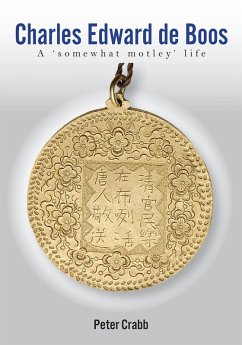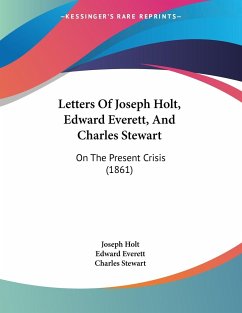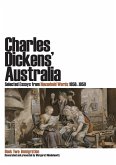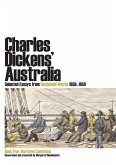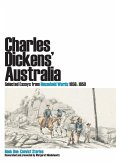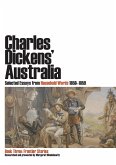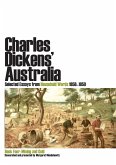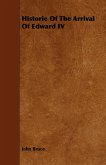Charles de Boos was born in London 1819. His Huguenot ancestors from Normandy were among thousands who fled France during the religious wars of the 16-17th centuries. His family prospered, eventually living in London's West End. He was educated at the East India Company Military Seminary in Surrey. From there, still only a teenager, he joined the British Auxiliary Legion that participated in the Carlist Wars in northern Spain.In 1839 de Boos sailed to Australia. He spent time in Sydney and the Hunter Valley and travelled to other parts of NSW., undertaking a variety of activities, including starting his own newspaper. With his wife and first child, he moved to Melbourne in 1850. Employed by The Argus, he reported on the early Victorian gold rushes in Mount Alexander, Ballarat, Bendigo, and the Ovens Valley. He also worked for the Victorian colonial government.He returned to Sydney in 1856 and joined the Sydney Morning Herald. He reported the debates of the NSW Legislative Assembly. Much more importantly, over some 16 years, he travelled extensively throughout the eastern and central parts of NSW reporting on the gold fields, writing numerous series of articles. In 1875, he became a Mining Warden and Police Magistrate for the NSW Government, with appointments at Braidwood, Copeland (twice), Forbes, Temora, Milparinka and Cobar. He was highly regarded as a government official. He retired in 1889 and spent his last years in Sydney. He died in 1900.As well as an accomplished reporter, de Boos' other writings were considerable: satyr, social commentary, fiction. He was one of Australia's most important early writers, yet his work has received very little attention in Australian literature studies. Among other things, this biography corrects the records and seeks to give him the place he merits in the history of early Australian literature.
Hinweis: Dieser Artikel kann nur an eine deutsche Lieferadresse ausgeliefert werden.
Hinweis: Dieser Artikel kann nur an eine deutsche Lieferadresse ausgeliefert werden.

